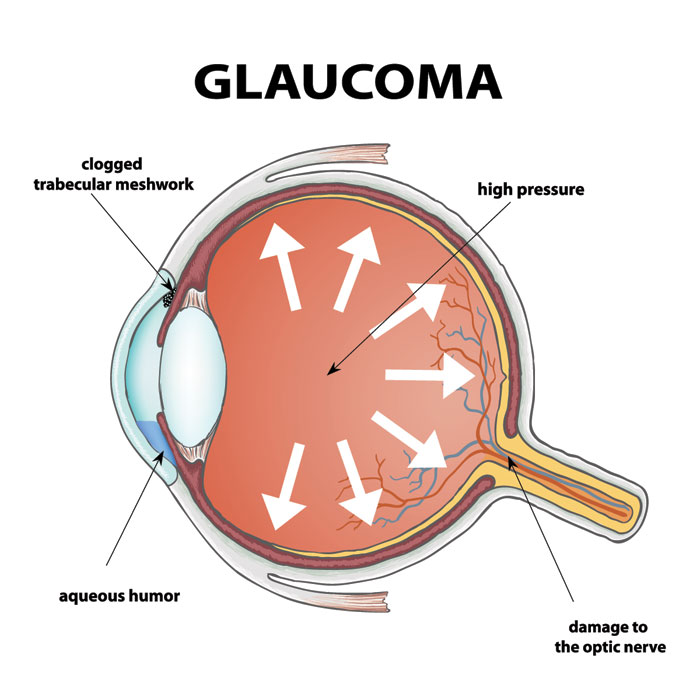Understanding Glaucoma: Is There a Path to Reversal?
I. Introduction
Glaucoma remains one of the leading causes of irreversible vision loss worldwide. This condition damages the optic nerve, gradually affecting vision if left untreated. Many wonder if it’s possible to undo this damage and restore sight. In this article, we’ll explore whether glaucoma can be reversed, what treatments are available, and how you can take steps to protect your vision.
II. Symptoms of Glaucoma
Recognizing glaucoma early is essential to prevent severe complications. Initial symptoms are often subtle, making regular eye exams critical. Common signs may include: – Persistent headaches or eye pain – Blurred or hazy vision – Seeing halos around lights – Gradual loss of peripheral (side) vision In advanced stages, glaucoma can lead to significant visual impairment or blindness. If any of these symptoms occur, immediate consultation with an eye specialist is vital.
III. Can Glaucoma Be Reversed?
Current medical science indicates that optic nerve damage caused by glaucoma cannot be reversed. Once nerve fibers are lost, they do not regenerate. However, this does not mean the situation is hopeless. Early detection combined with proper treatment can prevent further deterioration and preserve remaining vision. Researchers are actively studying neuroprotective drugs, stem cell therapy, and optic nerve regeneration, but these are still in experimental phases.
IV. Treatment Options for Glaucoma
Although reversal is not yet possible, effective treatments can manage eye pressure and protect vision. These include: – **Prescription Eye Drops:** Often the first line of treatment, these reduce intraocular pressure by improving fluid drainage or decreasing fluid production. – **Oral Medications:** Used when eye drops alone are insufficient, helping further control eye pressure. – **Laser Therapy:** Techniques like selective laser trabeculoplasty enhance fluid outflow in open-angle glaucoma. – **Surgical Procedures:** For advanced cases, filtering surgery or drainage implants may be required. Lifestyle adjustments such as regular exercise, maintaining a balanced diet, and managing systemic health conditions like diabetes and hypertension can support overall eye health.
V. Preventing Glaucoma Progression
While glaucoma cannot always be prevented, its progression can be significantly slowed with consistent care. Here’s how: – Schedule comprehensive eye exams regularly, especially if you’re over 40 or have risk factors like family history or high eye pressure. – Follow treatment plans exactly as prescribed by your eye specialist. – Protect your eyes from injury and maintain healthy habits to support ocular health.
VI. Conclusion
Glaucoma remains a lifelong condition, but it does not have to lead to blindness. Although reversing damage isn’t possible with current treatments, proactive management can make a dramatic difference in preserving vision. Awareness, early detection, and adherence to treatment plans are the strongest defenses against this condition. If you’re at risk or experiencing symptoms, consult an eye care professional promptly—your future vision depends on it.




